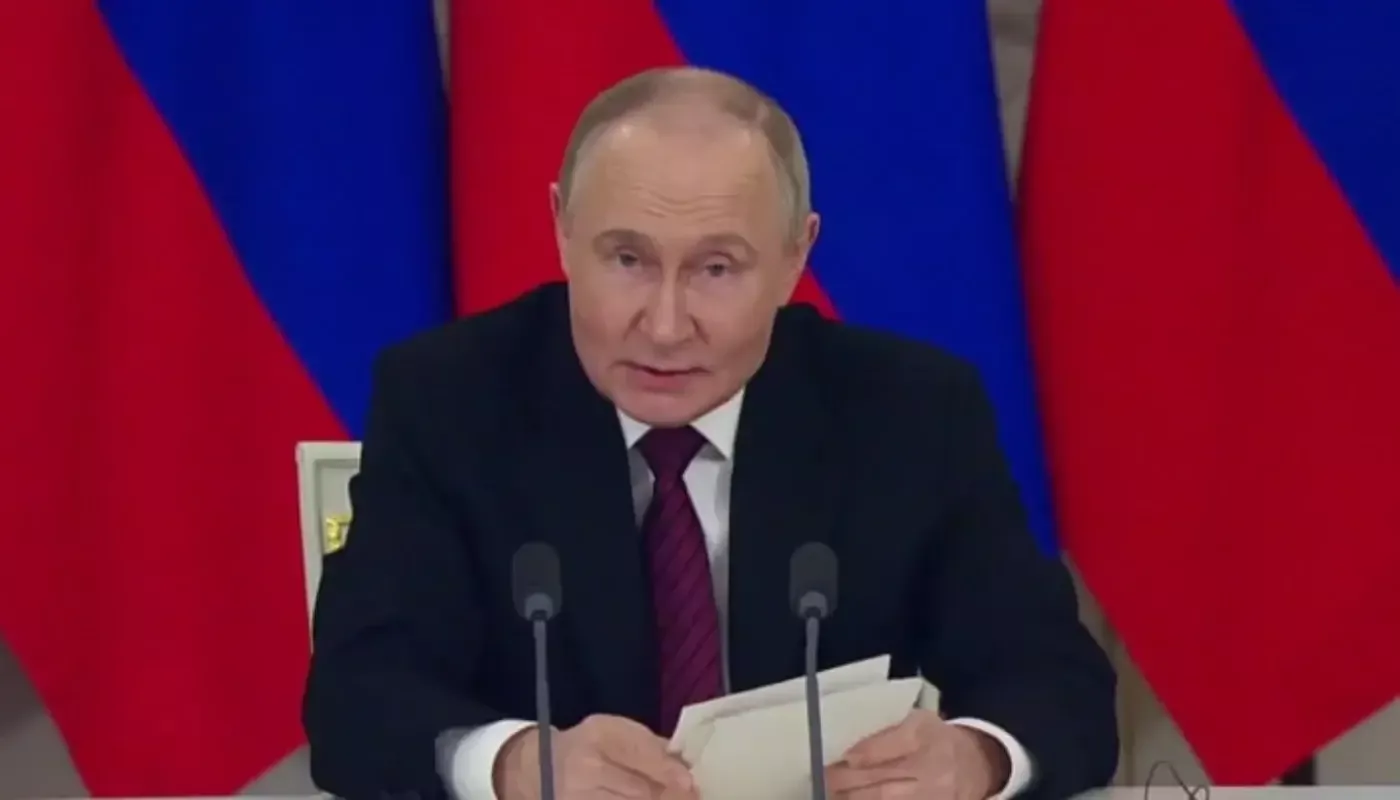
Vladimir Putin did not accept the proposal for a new 30-day ceasefire from Ukraine and its Western allies in a statement made on the night of May 11, accusing Kyiv of violating previously announced short-term ceasefires by Moscow.
He suggested discussing the issue of reconciliation in direct negotiations between Moscow and Kyiv, which could take place in Istanbul on May 15. The Russian president stated that Moscow is ready to participate without any preconditions.
Putin's proposal is essentially a return to a format and process that ended unsuccessfully in 2022.
From Putin's late-night statement to journalists in the Kremlin, it can be understood that Moscow effectively rejected Ukraine's new unconditional proposal for a 30-day ceasefire.
He accused Kyiv of violating all ceasefires previously announced by the Kremlin: the "energy ceasefire" in March-April 2025, the "Easter ceasefire" in April, and the three-day ceasefire announced by Moscow for May 8-10. Ukraine has repeatedly denied such accusations and emphasized that it is Moscow that is violating the ceasefire regime.
Kyiv's proposal to announce a complete and unconditional ceasefire for 30 days starting from May 12 was echoed a day earlier at the "volunteers coalition" summit held in Ukraine and during a joint call by the leaders of France, the United Kingdom, Poland, and Ukraine to Donald Trump. The US president also supported a joint decision demanding Moscow to announce a "complete and unconditional ceasefire."
Rejecting the idea of a ceasefire, Putin offered Kyiv to restore direct negotiations "without any conditions."
This could take place on May 15 in Istanbul, he told journalists in the Kremlin.
According to Putin, the new negotiations should be a continuation of the Istanbul talks from 2022.
"Without delay, in Istanbul... we propose to start where they were suspended," said Putin, adding that the Ukrainian side had disrupted negotiations that had not concluded with reconciliation.
According to him, on May 11, Sunday, he plans to discuss this initiative with Turkish President Recep Tayyip Erdoğan. The Turkish leader had also mediated between Kyiv and Moscow in 2022.
"During the negotiations, it is not out of the question to agree on a new ceasefire, a new truce," said Putin, adding that now "the ball is in Ukraine's court."
He did not propose announcing a ceasefire during the negotiations.
At the same time, the Russian president reiterated a statement he has made many times before: "We are ready to conduct serious negotiations with Ukraine, the essence of which is to eliminate the root causes of the conflict."
He also reminded that the ceasefire should exclude Kyiv's rearmament, military training, and other capabilities. He had mentioned such conditions when he first explained Moscow's potential response to a ceasefire in March. "We are also in favor of that, but there are nuances," the Russian president had said at that time, referring to the conditions required for Moscow to cease fire.
Ukraine and its Western allies have deemed these demands unacceptable, as such a situation would require Kyiv to disarm.
Putin's address began around 1:30 AM Moscow time and lasted about 20 minutes, which could be the president's latest evening address in Moscow. Shortly after, monitoring channels in Ukraine reported that Russian strike drones had resumed entering Ukrainian airspace after a short break on May 8-10.
What did Kyiv propose?
Putin's statement came just hours after the summit of the leaders of allied countries to Ukraine under the name "volunteers coalition" in Kyiv. The Kremlin did not comment on the summit's outcomes under the expected circumstances: at the summit's conclusion, Ukrainian President Volodymyr Zelensky announced a demand for a complete and unconditional ceasefire for at least 30 days starting from May 12.
On May 10, German Chancellor Friedrich Merz, French President Emmanuel Macron, British Prime Minister Keir Starmer, and Polish government leader Donald Tusk visited the Ukrainian capital to participate in the summit. After negotiations with Zelensky, the five discussed their initiatives with US President Donald Trump over the phone, who supported their demands towards Moscow.
"If [Putin] is serious about peace, then he has the opportunity to show it. He needs to stop saying 'if' and 'but,' and end the conditions and delays," Starmer said at the summit's conclusion.
If Moscow does not agree, Macron promised that Europe and the US are ready to impose new sanctions against it.
Western leaders have not yet commented on Putin's rejection of the 30-day ceasefire.
Similar news
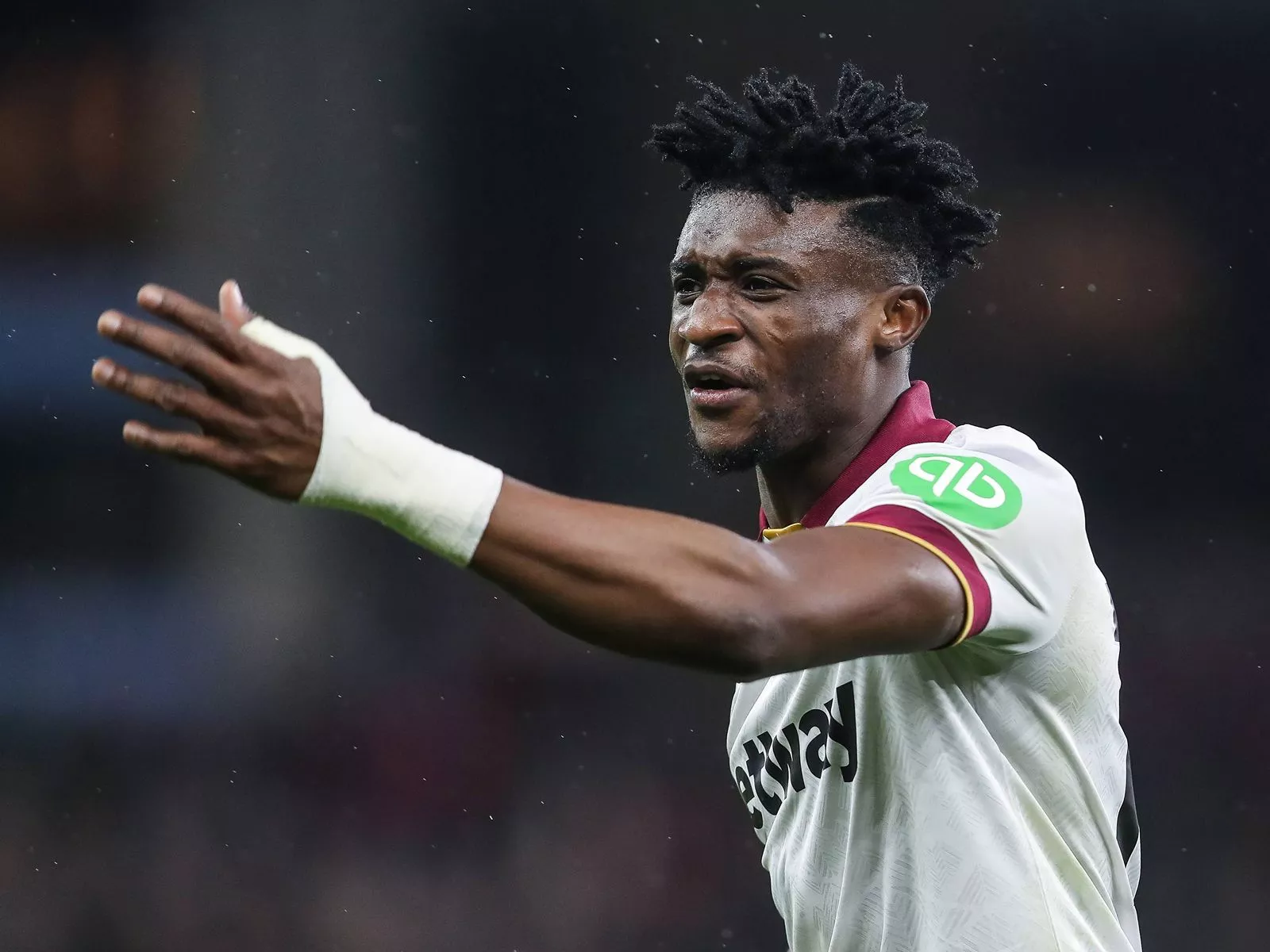
Chelsea West Ham hujumchisini sotib olmoqchi, shart bilan
Chelsea klubi West Ham jamoasining qanot hujumchisi Muhammad Qudusga qiziqish bildirishda davom etmoqda. Bu haqida Euro-football.ru xabar berdi. Yaqinda "ko‘klar" safini Dortmundning
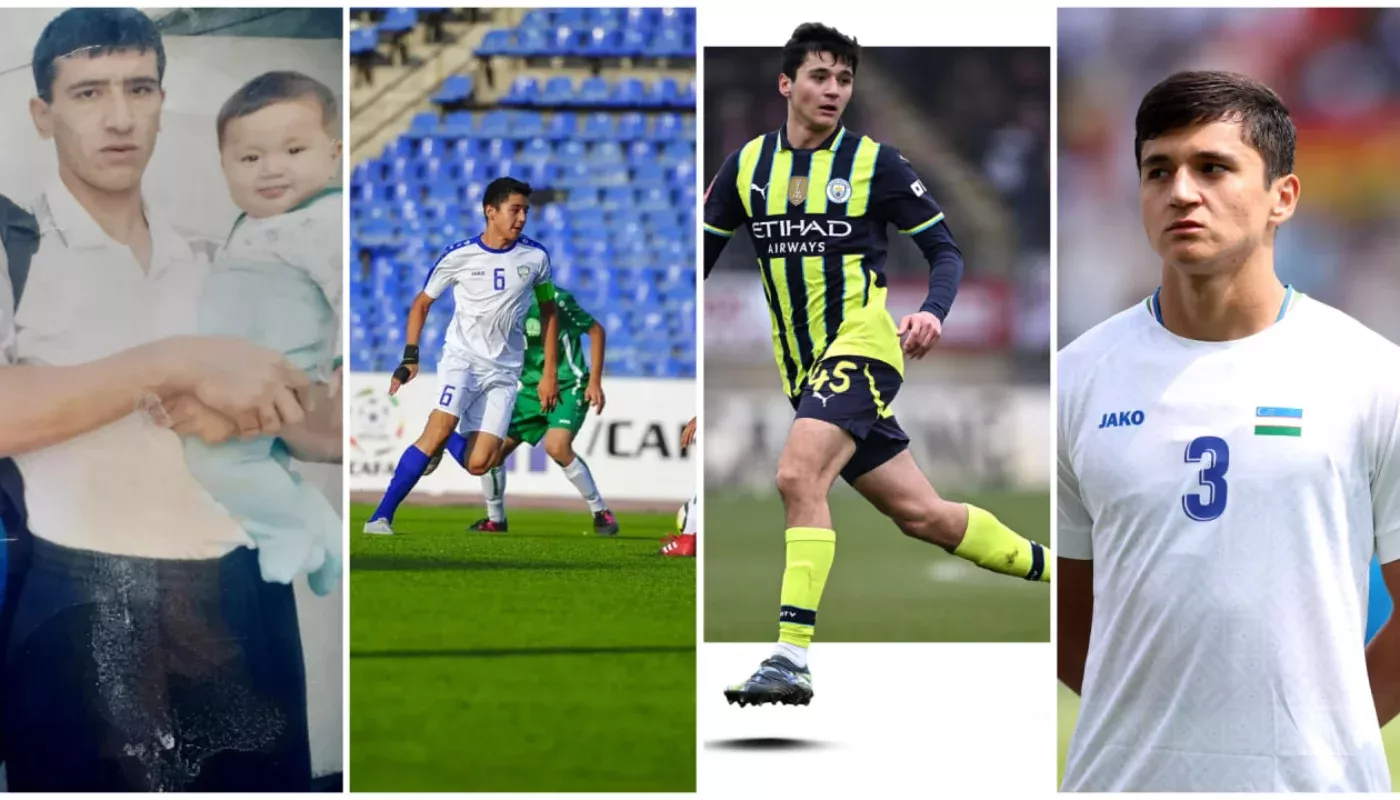
“Manchester Siti” klubi Abduqodir Husanov haqida hali hech qayerda chop etilmagan maqola e’lon qildi
“Manchester Siti” klubi o‘z ijtimoiy sahifasida, jamoa muxlislarining qalbini tezda zabt etgan yosh futbolchi Abduqodir Husanov haqida ilgari hech qayerda chop etilmagan ma’lumotlar, oilaviy
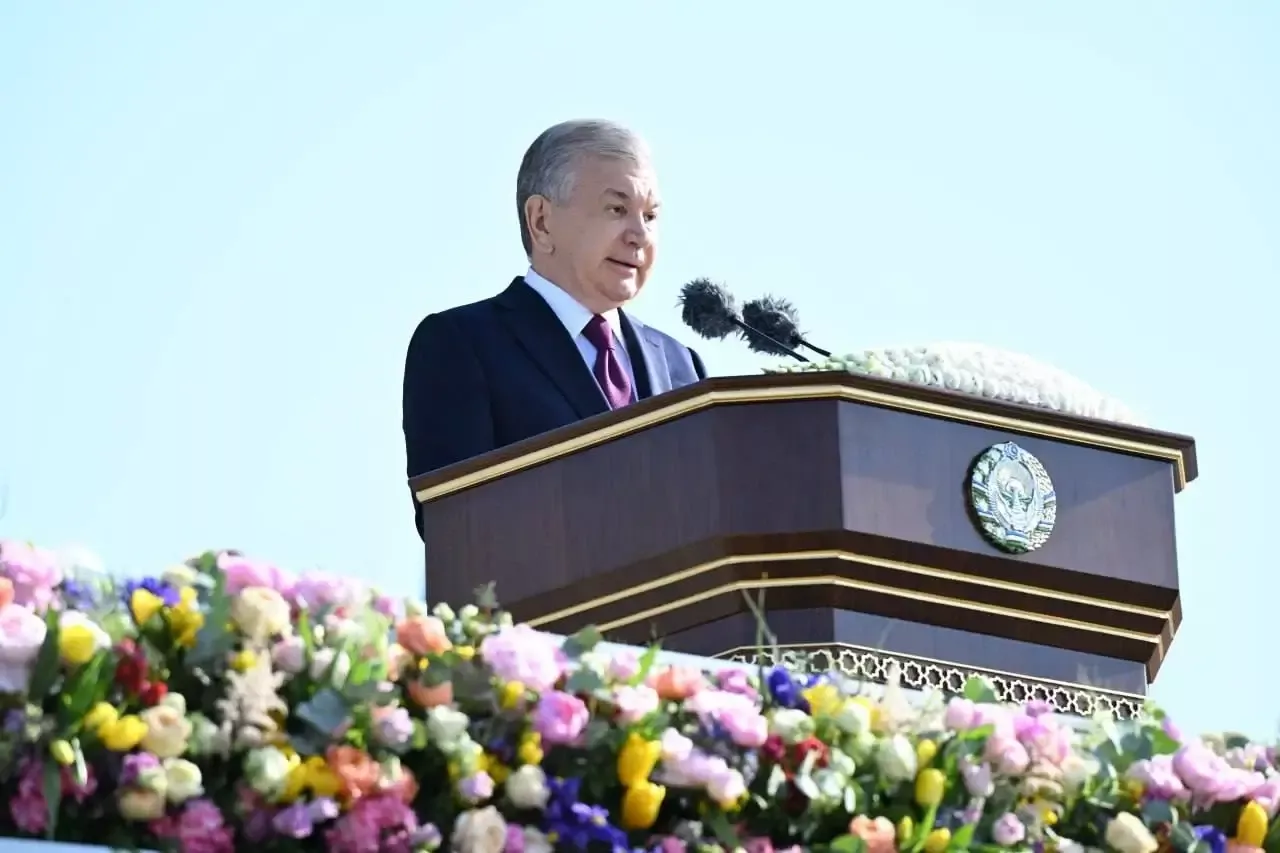
Yangi O‘zbekiston bog‘ida Navro‘z bayrami tantanasi qanday o‘tdi?
Toshkent shahridagi “Yangi O‘zbekiston” bog‘ida 21 mart kuni Navro‘z tantanasi bo‘lib o‘tdi. O‘zbekiston Respublikasi prezidenti Shavkat Mirziyoyev nutq so‘zlab, xalqimizni bayram bilan muborakbod
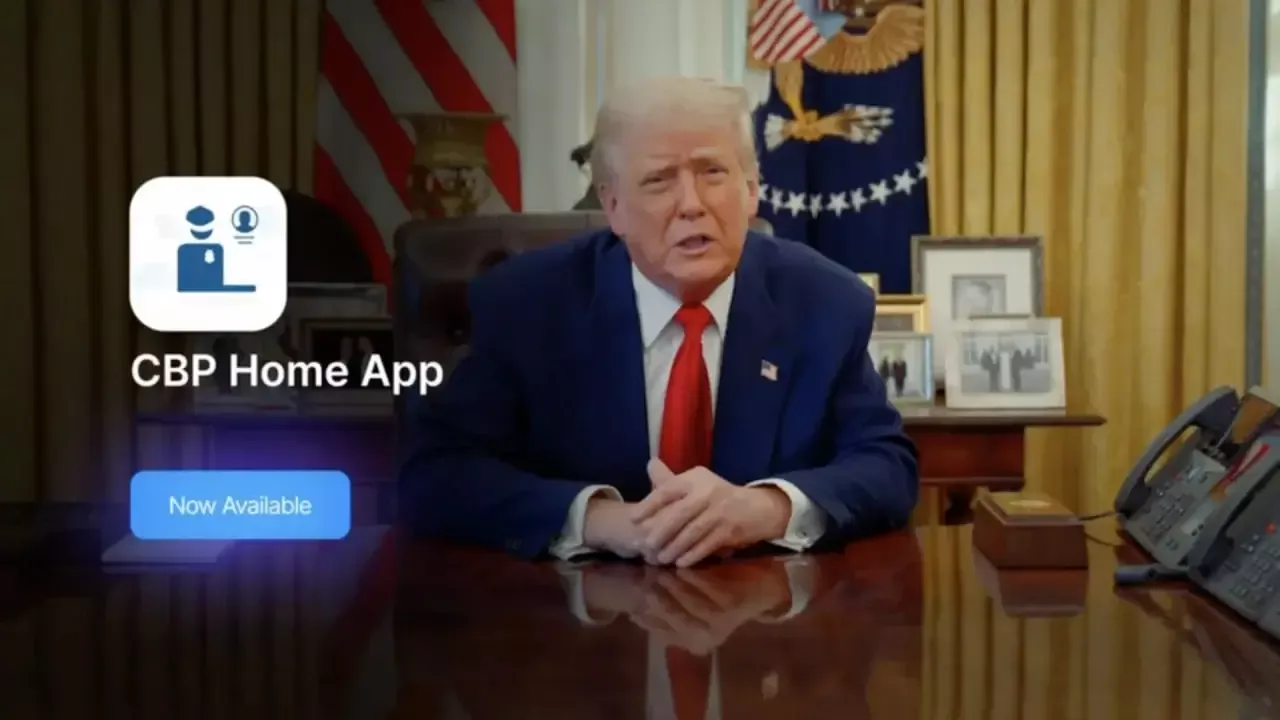
Trump noqonuniy muhojirlar uchun yangi mexanizmni ishga tushirdi
AQSh prezidenti Donald Trump videomurojaat qilib, noqonuniy muhojirlarni mamlakatni ixtiyoriy ravishda tark etishga chaqirdi. Ularning bu jarayonni amalga oshirishlari uchun CBP Home maxsus
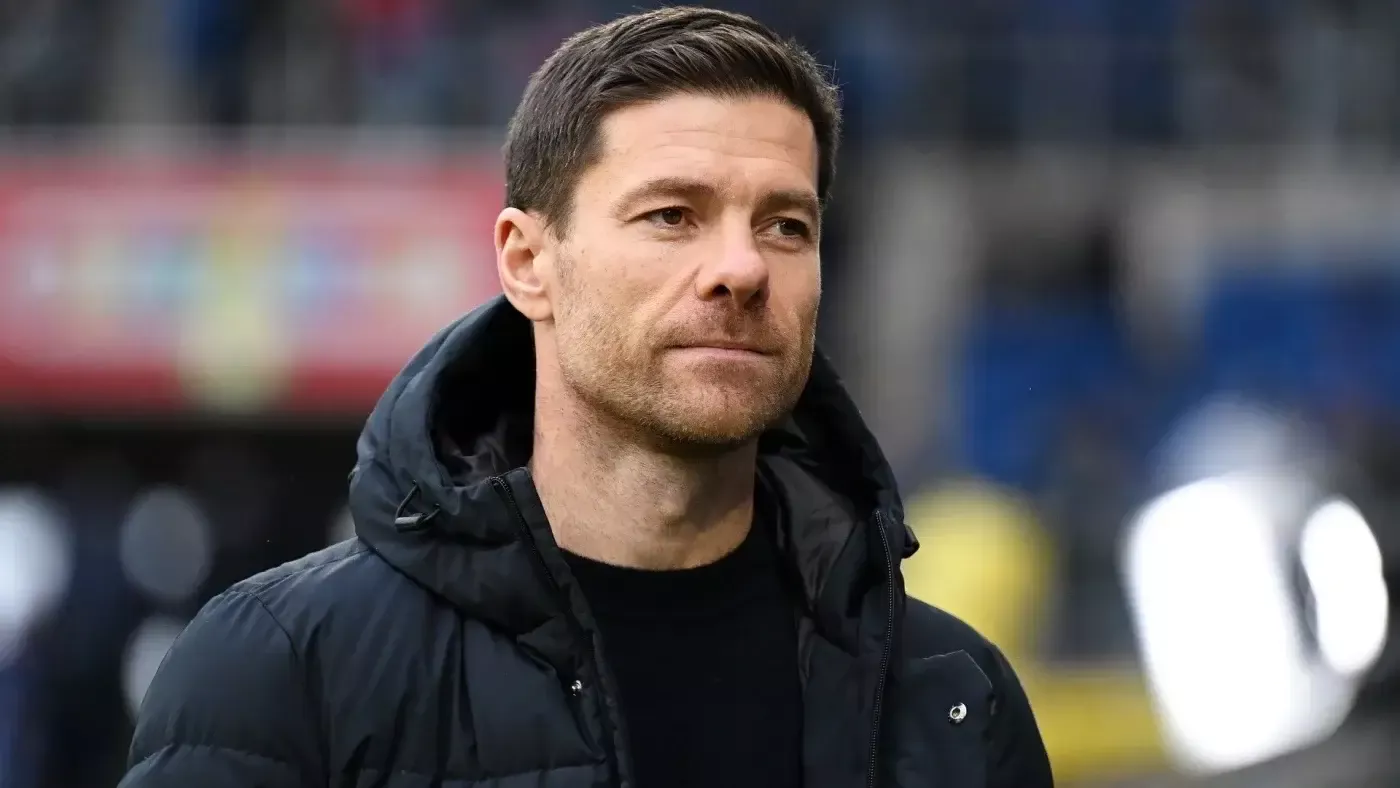
“Bayer” Xabi Alonsoga o‘rinbosar qidirmoqda: short-listdagi nomlar maʼlum bo‘ldi
Madridning “Real” klubi Xabi Alonsoni yangi mavsumda jamoaga bosh murabbiy sifatida taklif qilishi mumkinligi haqida xabarlar tarqalishi ortidan “Bayer” rahbariyati ehtimoliy o‘zgarishlarga

